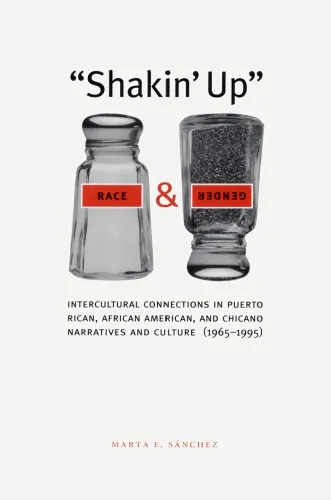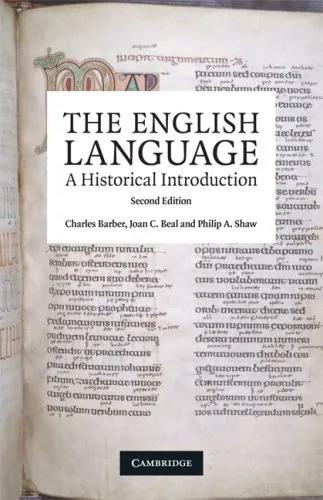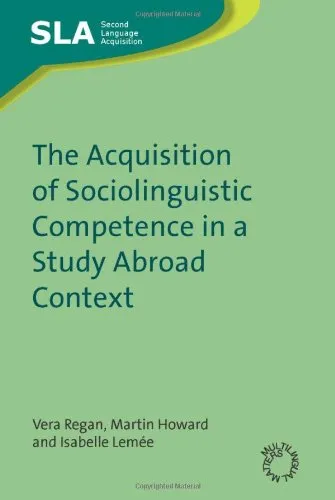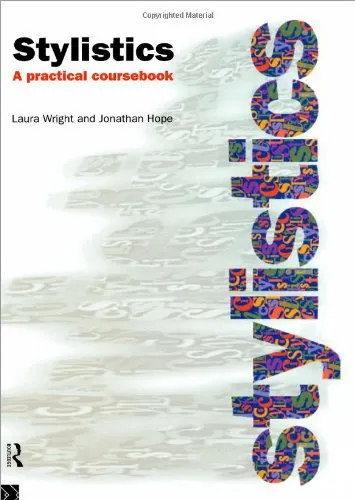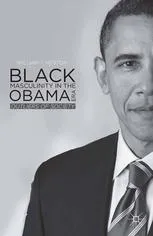''Shakin' Up'' Race and Gender: Intercultural Connections in Puerto Rican, African American, and Chicano Narratives and Culture (Chicana Matters)
4.5
Reviews from our users

You Can Ask your questions from this book's AI after Login
Each download or ask from book AI costs 2 points. To earn more free points, please visit the Points Guide Page and complete some valuable actions.Related Refrences:
Introduction to Shakin' Up Race and Gender: Intercultural Connections in Puerto Rican, African American, and Chicano Narratives and Culture (1965-1995)
Written by Marta E. Sánchez, this groundbreaking book examines the complex intersections between race, gender, and culture in the United States from 1965 to 1995. Shakin' Up Race and Gender uncovers and explores the intercultural dialogues between Puerto Rican, African American, and Chicano communities through their literary and cultural narratives. By employing an intersectional lens, the book reveals how these historically marginalized groups have negotiated their identities in the face of systemic oppression, societal expectations, and cultural transformation.
The book is a critical academic work within the discipline of ethnic and cultural studies. It bridges gaps between various disciplines, including literature, gender studies, and cultural theory. Sánchez resists conventional notions of racial or cultural homogeneity by shedding light on diverse voices within these communities, explaining how they intersect, overlap, and diverge in profound ways. Through an intricate analysis of texts, music, and personal narratives, Shakin' Up Race and Gender prompts us to reconsider preconceived notions of cultural identity and social justice.
Detailed Summary of the Book
The book is divided into several in-depth chapters that delve into cultural productions such as literature, music, and visual arts from Puerto Rican, African American, and Chicano creators during a pivotal thirty-year period. Sánchez examines how these creative works both challenged and reshaped ideas about race, gender, and power in a nation deeply defined by systemic inequities.
One of the book's primary focuses is how the selected narratives engage in "intercultural connections." Sánchez identifies various points of contact between these communities—the shared histories of colonization and enslavement, struggles for civil rights, and ongoing battles for cultural recognition. Furthermore, the author critiques how these narratives simultaneously celebrate distinct cultural heritages while pushing back against rigid identity categories imposed by mainstream American discourse.
Through close readings of texts by authors like Piri Thomas, Alice Walker, and Sandra Cisneros, Sánchez reveals the layers of resistance visible in these works. Themes such as intersectionality, solidarity, and the deconstruction of gender norms come to the forefront of her analysis. Additionally, the book highlights how cultural works, whether they are novels, plays, or spoken word poetry, serve as tools for activism and sources of empowerment within marginalized groups.
Key Takeaways
- Intersectionality plays a critical role in understanding identity formation, particularly at the nexus of race, gender, and culture.
- Puerto Rican, African American, and Chicano narratives often engage in dialogues with one another, reflecting shared struggles while celebrating cultural nuances.
- Cultural production is not just an art form but a means of resistance against oppression and a tool for social justice.
- The period between 1965 and 1995 witnessed a significant transformation in how marginalized communities viewed and represented themselves in the broader political and cultural landscapes of the United States.
Famous Quotes from the Book
"To negotiate identity in the United States is to shake the very foundations of race and gender as static categories."
"Narratives are not passive; they are active sites of resistance, transformation, and cultural negotiation."
"Intercultural connections challenge us to see beyond differences, unveiling the shared humanity in seemingly disparate struggles."
Why This Book Matters
In a world that often prioritizes simplified narratives about race and identity, Shakin' Up Race and Gender serves as a crucial text for understanding the complexities of intercultural relationships. By providing a nuanced critique of race and gender dynamics within marginalized communities, it challenges readers to think more deeply about the cultural intersections that shape our world. Sánchez's analysis encourages us to see identity not as singular and fixed but as multi-layered, evolving, and deeply interconnected.
The book matters not only to scholars of cultural studies but also to those seeking to deepen their understanding of social justice and multiculturalism. Its relevance persists in contemporary discussions about race and gender, making it a vital academic and social resource. As societies worldwide grapple with systemic inequities, this book provides a timely reminder of the power of cultural production to spark resistance, transformation, and hope.
Free Direct Download
You Can Download this book after Login
Accessing books through legal platforms and public libraries not only supports the rights of authors and publishers but also contributes to the sustainability of reading culture. Before downloading, please take a moment to consider these options.
Find this book on other platforms:
WorldCat helps you find books in libraries worldwide.
See ratings, reviews, and discussions on Goodreads.
Find and buy rare or used books on AbeBooks.
1343
بازدید4.5
امتیاز0
نظر98%
رضایتReviews:
4.5
Based on 0 users review
Questions & Answers
Ask questions about this book or help others by answering
No questions yet. Be the first to ask!
